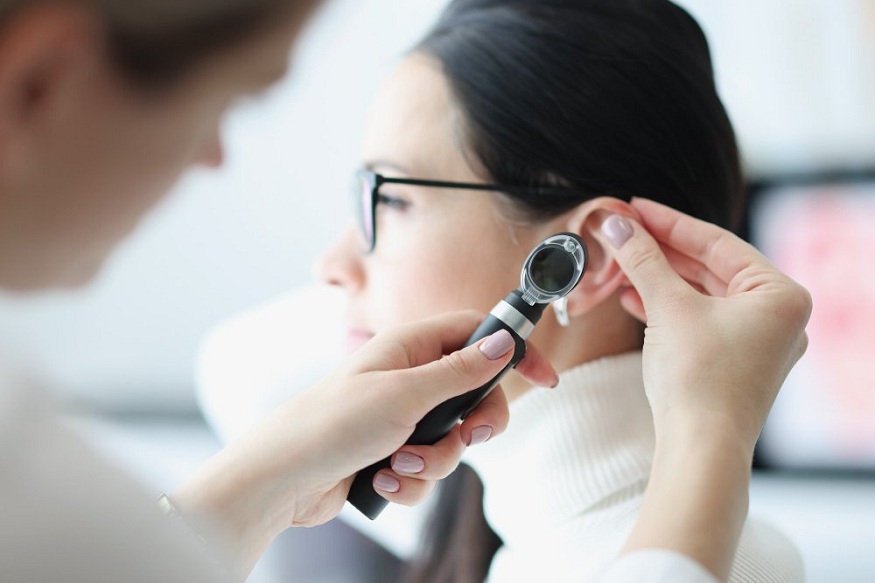Ear drum ruptures can be quite unsettling. They may cause pain, hearing loss, and even dizziness. Otolaryngologists play a crucial role in managing these issues. They are trained to assess and treat ear problems with precision and care. From cleaning the ear to prescribing medications or suggesting surgery, they cover all bases. In west midtown nasal breathing disorders are common, and otolaryngologists often manage these alongside ear issues. Understanding their approach can help you feel more at ease during treatment.
What Causes Ear Drum Ruptures?
Ear drum ruptures can result from various causes. Here are the most common:
- Infections: Middle ear infections can lead to fluid build-up, resulting in pressure that may rupture the ear drum.
- Injury: Physical trauma to the ear or sudden loud noises can cause tears in the ear drum.
- Pressure Changes: Rapid changes in pressure, such as during air travel or diving, can lead to rupture.
Symptoms of Ear Drum Ruptures
Identifying ear drum ruptures early can help in seeking timely care. Look for these signs:
- Pain: Often sudden and sharp.
- Hearing Loss: Partial or complete hearing reduction.
- Discharge: Fluid or pus may leak from the ear.
- Ringing: Persistent ringing or buzzing sounds.
- Dizziness: Balance issues may arise.
How Otolaryngologists Treat Ear Drum Ruptures
Otolaryngologists offer a range of treatments based on the severity of the rupture. Here’s what you can expect:
| Treatment Method | Description |
| Observation | Minor ruptures may heal on their own with monitoring and protection from further damage. |
| Medications | Antibiotics or ear drops can prevent or treat infections. |
| Ear Drum Patch | A patch may be applied to encourage healing for tears that do not close on their own. |
| Surgery | If the rupture is severe, surgical intervention such as tympanoplasty may be necessary. |
Preventing Ear Drum Ruptures
While not all ruptures are preventable, certain measures can reduce the risk:
- Avoid inserting objects into the ear.
- Manage ear infections promptly.
- Use ear protection in noisy environments.
- Equalize pressure during flights or diving.
When to Seek Medical Attention
It’s essential to consult an otolaryngologist if symptoms persist or worsen. Early intervention can prevent complications. For more detailed guidance, visit the National Institute on Deafness and Other Communication Disorders.
Conclusion
Understanding how otolaryngologists manage ear drum ruptures can demystify the process and alleviate concerns. They provide comprehensive care, ensuring the best possible outcomes. For more information on ear health, consider exploring resources from MedlinePlus.




